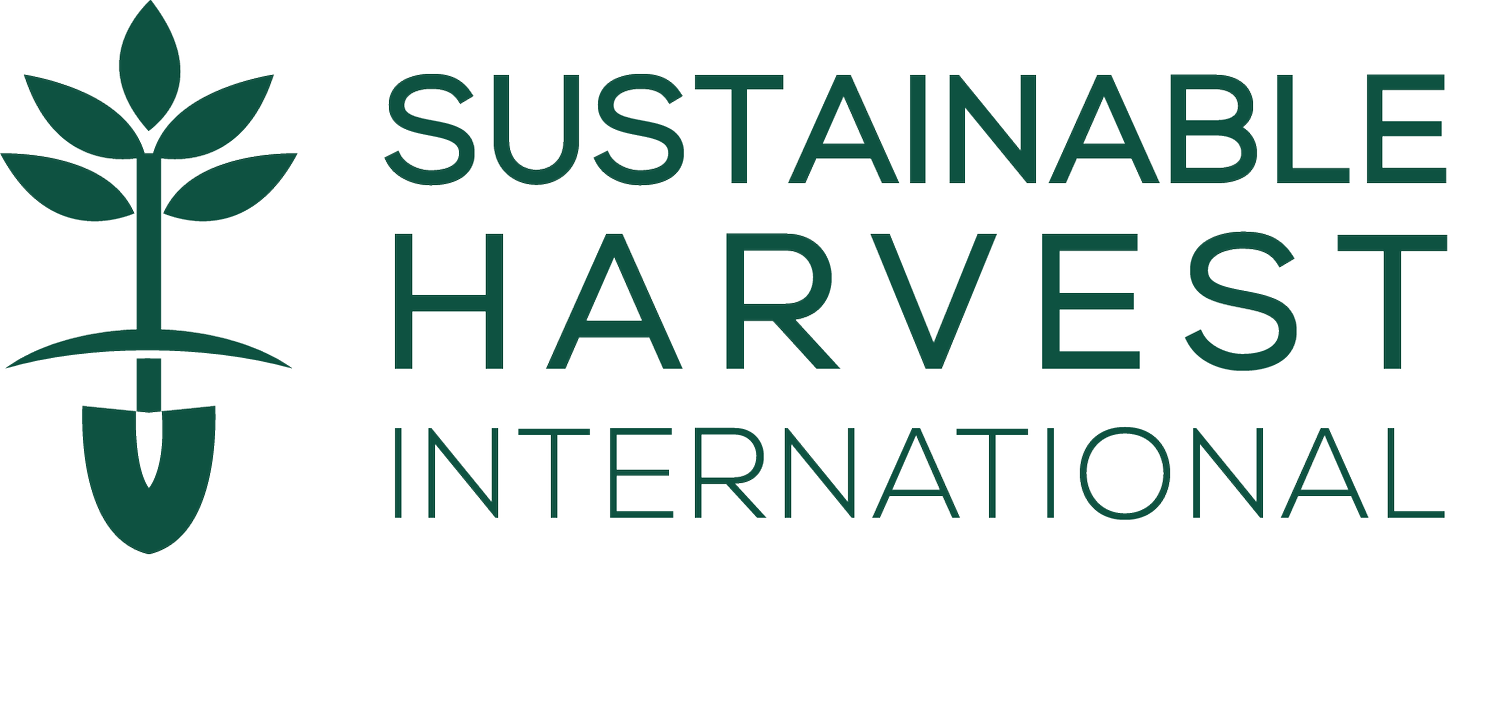Learn more:
Frequently Asked Questions
Valentina Rodríguez, SHI-Panama partner farmer
Maritza Cunil (right), SHI-Belize partner farmer, with her family
What is sustainable farming or regenerative agriculture?
Conventional, or industrial, agriculture heavily relies on chemicals to protect crops from weeds, specific insect species, and diseases. However, these chemical fertilizers disrupt the delicate fungal networks within the soil, gradually degrading the soil’s health.
In contrast, sustainable farming, or regenerative agriculture, prioritizes the health of soil, recognizing it as the foundation of the food systems that sustain us. Sustainable practices actively work to restore and strengthen soil networks, reversing the damage inflicted by conventional agriculture.
What is agroforestry?
A sustainable farming technique. It combines agriculture (agro) with tree management (forestry) to protect the fragile and biodiverse ecosystems that rely on the forests, including plants and wildlife.
What is your stance on GMOs?
We do not promote GMOs (Genetically Modified Organisms) or other technologies that have not yet been proven safe. Since most GMOs are costly for farmers and designed to work in combination with costly, toxic pesticides, they do not fit with our commitment to growing in harmony with nature and farmers.
Where do you work?
Belize, Honduras, and Panama.
What do you do?
Our locally-hired field trainers work with families, individuals, and communities to implement sustainable farming practices. Through techniques like agroforestry, organic vegetable gardens, and seed saving, families learn how to produce healthy food for their families, protect ecosystems, and increase their incomes.





